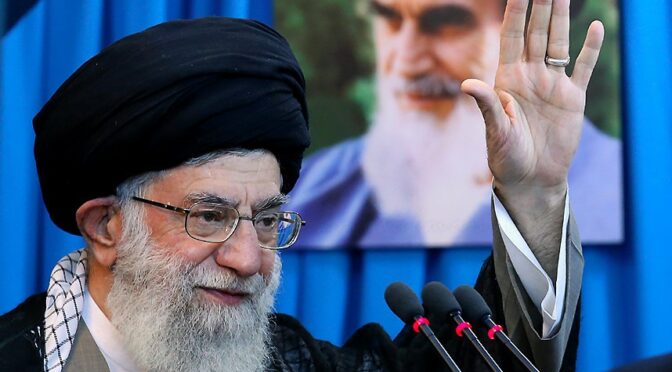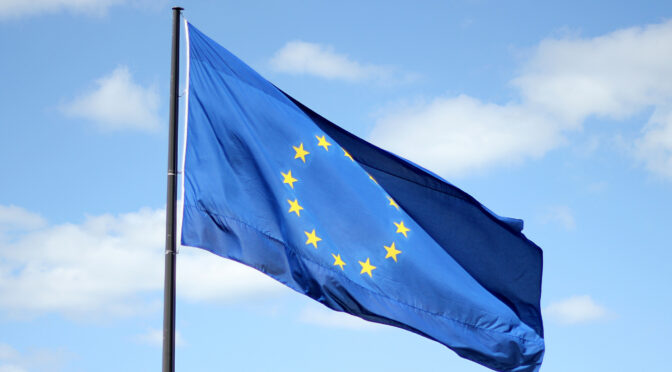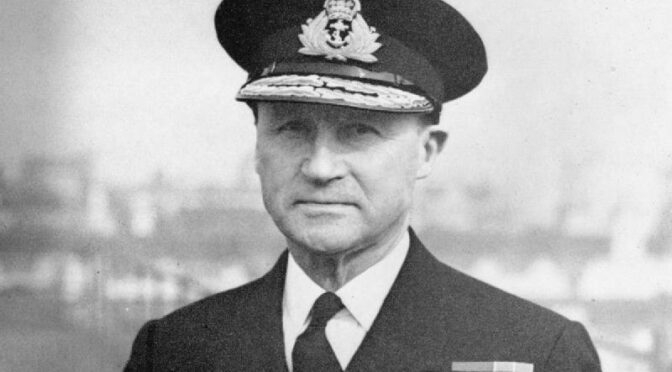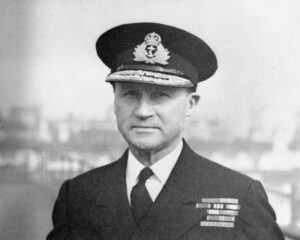Article published by Breitbart, 30 October 2017
by John Hayward
Retired British Army officer Col Richard Kemp, a counter-terrorism expert and veteran of Afghanistan, joined SiriusXM host Raheem Kassam on Monday’s Breitbart News Daily to talk about the imminent danger of a new war in the Middle East.
Kemp was involved in a creation of a recent report on the subject entitled Hezbollah’s Terror Army: How to Prevent a Third Lebanon War.
‘I think President Obama made some very, very fundamental errors in his foreign policy, one of which was to seek to encourage Iran to be the greatest power in the Middle East,’ said Kemp. ‘Essentially, he abandoned other US allies in the region – including Saudi Arabia, other Gulf states, and to an extent Israel – in favour of Iran.
‘The problem with Iran, of course, not only does it threaten many, many states in the region, particularly in relation to its Shia – of course, Iran is a Shia state and it really opposes most of the other states which are Sunni states,’ he continued.
‘I think above all we shouldn’t forget that the Iranian revolution was founded to a very large extent on anti-Americanism,’ he warned. ‘They hate America. They always have hated America. It’s what the revolution was all about, to a large extent. They always will hate America, and we shouldn’t forget that Iran, through its proxies such as Hezbollah, which this report is about, has attacked the United States and United States forces time and time again, including in recent history.
‘They are, without a doubt, the enemies of the United States, which President Obama was doing what he could to encourage. They are the greatest threat, I believe, to world peace today. Above all, that threat comes from the prospect that they will gain nuclear weapons Continue reading









